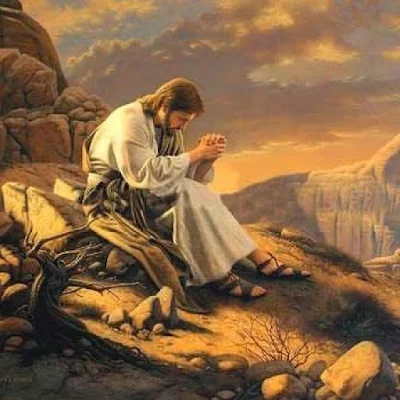The Thirty Fourth Sunday of Ordinary Time
Lk 23: 35-43
Dear Friends, On this feast of Christ the King, we celebrate a “kingdom of truth and life, a kingdom of holiness and grace, a kingdom of justice, love and peace” (Preface of Christ the King). We are asked to gaze again on the Crucified Christ. We are driven to ponder Mary’s words: How can this be?
The Angel said to Mary, “You shall name him Jesus. He will be great and called the Son of the Most High and the Lord God will give him the throne of David his father….And Mary said, “How can this be?” (Lk 1:31-34)
We have journeyed the year with St. Luke’s Gospel, a Gospel where the theme of reversal is a dominant message. We have been invited into the mystery where the last shall be first, and the first last. We have heard the strange teaching where we have to lose our life to save it. Even stranger, we were told to “Love your enemies, do good to those who hate you…to the person who strikes you on one cheek, offer the other as well.” (Lk 6:27-29)
As we contemplate the mangled body of our King, so many events of the Gospel journey seem like a long-faded past. The miracle worker and the healer is hidden in the agony of the Cross. Peter’s boat overflowing with the great catch, the multiplication of the loves and fishers, Bartimeaus jumping for joy with his new sight, the penitent woman rejoicing in her tears and so many other events unveiling the gracious possibilities in life. We have to ask, how is such a radical turn to darkness possible? The contradiction of the Cross goes so beyond any possible human understanding. Yet we ponder and see a crucified Savior and Messiah, a King in total poverty and apparent defeat. A leader has been abandoned by almost all. With good reason we need to ask, How can this be?
One part of the Passion of Jesus is the startling expression of his service and compassion for others in spite of his personal suffering and rejection at all levels. In the garden, he heels the ear of one of the mob. After the trial, he reaches out to Peter in sympathy and tenderness. On the road to Calvary, Jesus expresses his kindheartedness for the suffering women. On the cross, he forgives the Good Thief. With a heart unlocked by this compassionate love, Dismas is able to see a Savior and a King. “Today you will be with me in paradise.” (Lk 23:43)
This is the King at the deepest time of personal loss and denunciation. His Kingship is clearly an emptiness of self and openness to God in the brothers and sisters.
The mockery of the rulers, the soldiers and even the unrepentant thief holds the seed of the answer. “Save yourself.” Indeed, hidden in all the darkness of evil’s apparent victory is the reality of salvation for all.
In this crucified King and Savior, we encounter the deepest wisdom of God. Jesus’ greatest power is revealed in the manifestation of his weakness. The truly poor misguided leaders speak the truth in their sanctimonious petition to “the Christ” and “the Chosen One”. Their plea “save yourself” was, in fact, addressing the ultimate and most consequential event in human history, the universal saving death of Jesus Christ. This was the gift of eternal life being offered to all of humankind.
Luke’s pattern of reversal, the up side down world of Jesus’ Gospel, has its ultimate expression in today’s Gospel: death giving way to life! It is not only the good thief, but all of us, who celebrate the victory of a loving God answering our question, How can this be? The unconditional love of God revealed in Jesus Crucified and Jesus Risen tells us how this can be! Alleluia!













.jpg)















